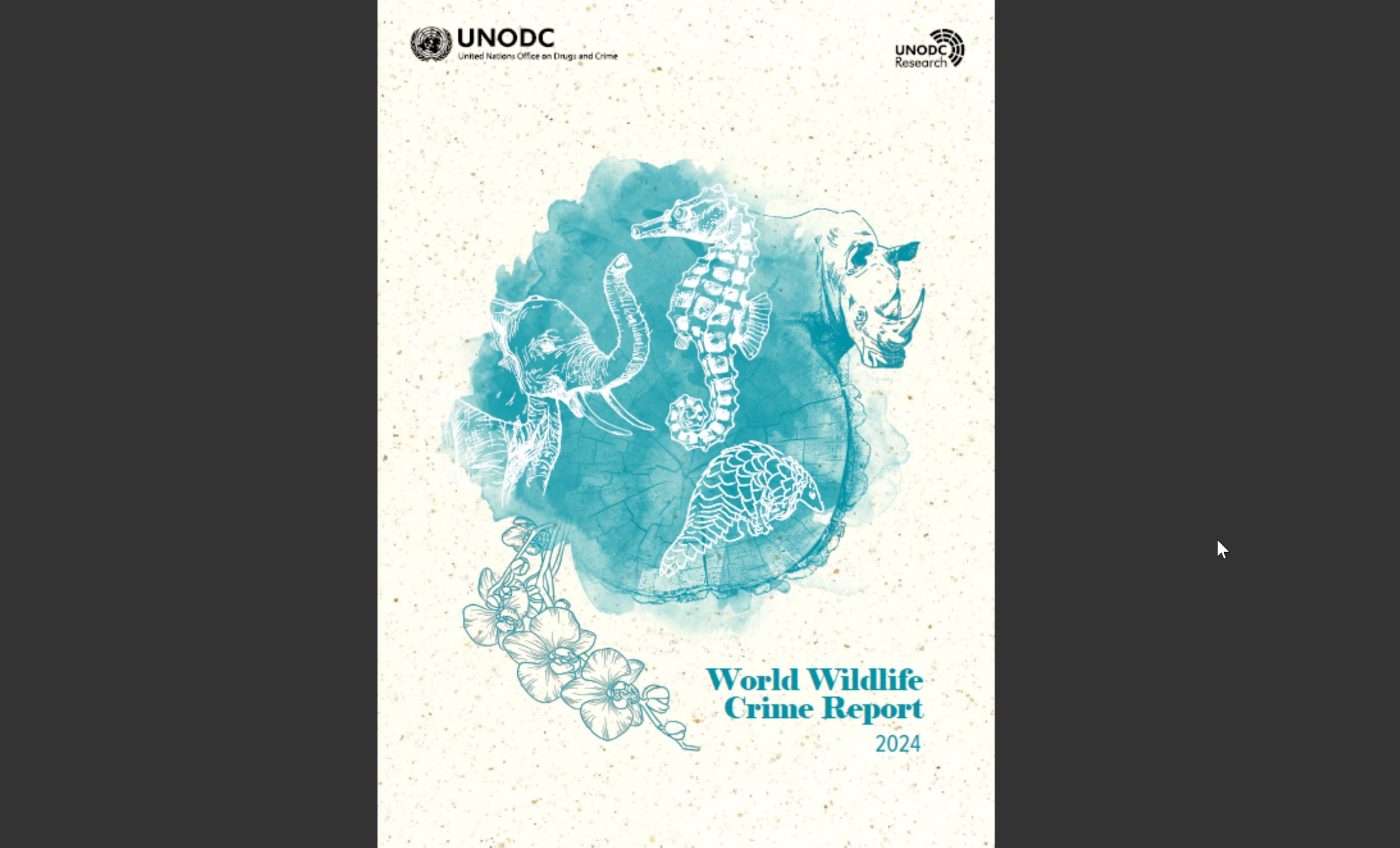2024 World Wildlife Crime Report
The 2024 World Wildlife Crime Report was released by the United Nations Office on Drugs and Crime on May 13, 2024. This report provides insights into the illegal wildlife trade that occurred between 2015 and 2021.
Key Findings: Animal Species
The rhino and pangolin were the animal species most affected:
- Rhino Horn Market: Largest at 29%
- Pangolin Scales Market: Second largest at 28%
- Elephant Ivory Market: Third largest at 15%
Additional affected species include eels, crocodilians, parrots, cockatoos, carnivores, turtles, tortoises, snakes, seahorses, and other animals constituting various smaller percentages.
Key Findings: Plant Species
Cedars and other Sapindales were the most affected plant species:
- Cedars and Sapindales Market: Largest at 47%
- Rosewoods Market: Second largest at 35%
- Agarwood and other Myrtales Market: Third largest at 13%
Other affected plant species include golden chicken fern, orchids, and several others.
Seizures of Biodiversity Products
- Corals: 16% of seizures
- Crocodilians: 9%
- Elephants and Bivalve Molluscs: Each 6%
Various other species also accounted for numerous seizures, reflecting the diversity of the illegal wildlife trade.
Commodity Seizures
- Coral Pieces: 16% of all seizures
- Live Specimens: 15%
- Animal Product Medicines: 10%
Other commodities included animal meat, shells, small leather products, and various others constituting smaller percentages.
Report Insights
The third edition of the report continues to analyse trends, harms, and the impact of wildlife crime. It highlights the persistence of wildlife trafficking despite global action and notes the adaptability of traffickers.
Recommendations
- Stronger Coherence and Cooperation: Emphasis on international collaboration and alignment across the trade chain.
- Increased Investment: Necessity to enhance data and analytical capabilities.
- Addressing Corruption and Technology: Importance of tackling corruption and modernising criminal justice responses.
- Strategic Interventions: Need for prioritised, strategic measures to mitigate wildlife trafficking.
Addressing organised crime broadly is critical to tackling wildlife crime. The report calls for a comprehensive strategy that recognises the interconnectedness of wildlife trafficking and larger criminal networks.
Month: Current Affairs - May, 2024
Category: Environment Current Affairs








